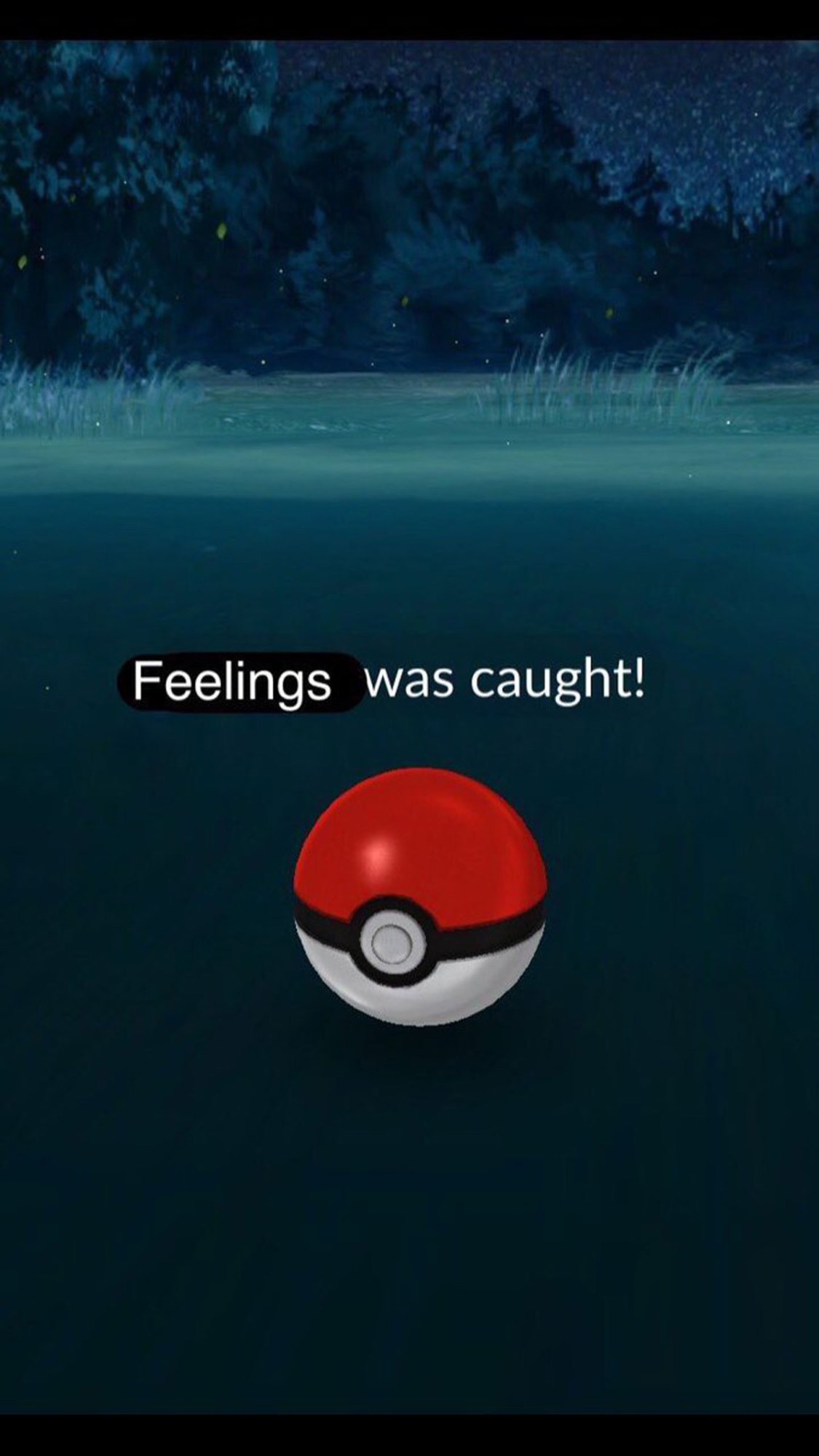Look out Covid-19, there’s a new virus going around, and her name is ‘emotional contagion’. And according to a new study, published in the cursed year of our lord 2020, she’s pretty much just as depressing as Corona.
A number of universities based in Oxford and Birmingham teamed up to probe the phenomenon known as emotional contagion over the last few years, focusing on a sample group of 79 musicians aged between 15 and 19 years old. The subjects were all participating in one of two touring music ensembles during the summer of 2018, each keeping a diary to track of their moods and social interactions each day.
The study’s findings show that our own moods tend to be shaped by the moods of those around us. Subjects who spent more time together would ‘take on’ each other’s moods, meaning if someone who’s feeling positive that day hangs out with a friend who’s in a bad mood, the more content person may start to feel worse, whereas their friend might start to feel uplifted.
One of the study’s authors, Dr Per Block, said: “Our study shows conclusively that individuals are affected by how others around them are feeling. Mood is contagious, and though both positive and negative moods are ‘caught’, bad moods are more potent.”
Although negative moods have proven to be more ‘contagious’ than good ones, most intriguing is the finding that being a perpetually grumpy person doesn’t actually translate to having a worse social life. Thank God. In fact, socialising with someone in a low mood is “a risk most are prepared to take”. Try telling that to your anxiety the next time it rears its ugly head.
“We found no evidence for social selection based on mood,” reads the study. “Indeed, participants were remarkably tolerant of their peers’ mood fluctuations and showed no evidence of altering their patterns of social interaction accordingly.”
So, there you have it… you can be a moody bitch and it won’t ruin your life, science has confirmed. Dr Per Block adds, “We hope it is a step towards understanding why people fall into prolonged low states, the social factors that determine emotional wellbeing in adolescents, and, in the long run, how it may be possible to provide emotional support leading to improved mental health.” Hear that? Your days are numbered, @depression.

